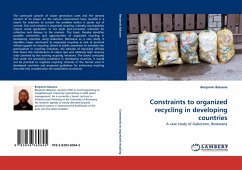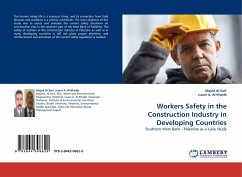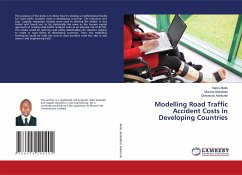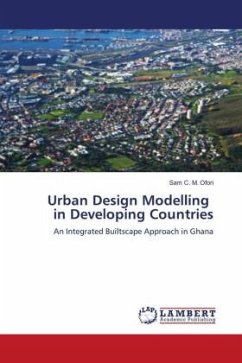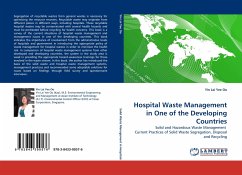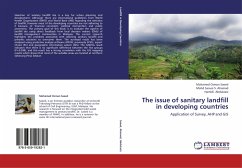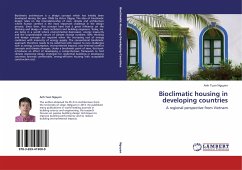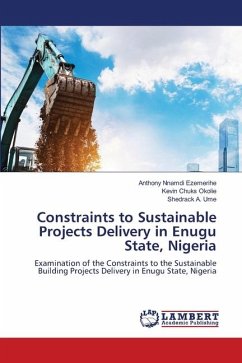The continued growth of waste generation rates and the general concern of its impact on the natural environment have resulted in a search for solutions to contain the problem before it spirals out of control. One such solution is organized recycling, whereby municipalities require waste generators to set aside post-consumer materials for collection and delivery to the markets. This book, thereby identifies possible constraints and opportunities of organized recycling in developing countries using Gaborone, Botswana as a case study. It identifies major constraints to organized recycling as lack of practical official support for recycling, failure of public awareness to translate into participation in recycling initiatives, the attitude of municipal officials that favors the maintenance of status quo and relatively high recovery rates achieved by the existing recycling initiatives. The books concludes that under the prevailing conditions in developing countries, it would not be practical to organize recycling schemes in the format used in developed countries and proposed guidelines for enhancing recycling that take into consideration the established constraints.
Bitte wählen Sie Ihr Anliegen aus.
Rechnungen
Retourenschein anfordern
Bestellstatus
Storno

